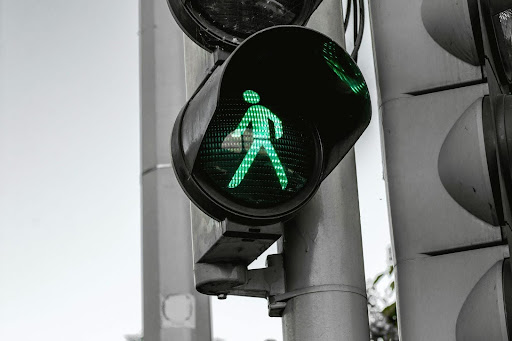California has been embroiled in a tug-of-war between two different options in an upcoming referendum on gambling. A decision is to be made on whether or not sports betting will be allowed in the state, and if so, what medium it will be presented through. Indigenous tribes and multi-state sports betting providers are campaigning for different options, with hundreds of millions spent on the referendum so far. We look at what has made this California’s most expensive vote in history.
The Current State of Gambling in California
Across the United States, online gambling has been taking off. More and more states have been making the practice legal, with both online casinos and sportsbook companies becoming legalized in a range of different states.
These industries have proven to be very lucrative. To see just how competitive the industry can get, look at the different options available for online gaming in New Jersey—clearly, this is a marketplace that has attracted plenty of businesses and some of the best providers from the entire gambling landscape. However, California is yet to catch up to many of the states that have legalized sports betting and casino games. Right now, betting is legal in California at Indigenous-run casinos, on horse races, in cardrooms, and on the state lottery.
No online betting is permitted in California on sports, nor any through retail stores.
Two Different Propositions Pitched to California Voters
This is all about to change, potentially, as Californian voters have two different propositions to choose from when it comes time to vote in the new year.
The first proposition—Proposition 27—has been backed by large multi-state sports betting companies. This proposes that online sports betting becomes legal for adults, on both the internet, phones, and mobile devices. It would come with conditions, such as the fact that multi-state operators will need to partner with indigenous operators to function; or, indigenous operators can simply set up their own platform without partnering with multi-state organizations.
The second proposition—Proposition 26—is backed by indigenous groups, and proposes that sports betting be made legal, but only through retail outlets. In essence, this would give a monopoly to the tribal gaming operators, who run all of the state’s casinos, except for four licensed horse racing tracks.
While both of these propositions achieve the same end of sports betting being legalized in California, they seek to do so in very different ways.
More Than $400 Million Spent on Promoting Different Propositions
It’s no secret that California is battling a raft of social issues, including rampant homelessness in the state’s capital.
Backers of the Proposition 27 have been running a tireless campaign around such issues, positing that the legalization of sports betting in California will generate enough jobs and revenue to address such issues. To date, more than $400 million has been spent by interested parties in various campaigns around each of the two propositions.
As Democratic consultant Steven Maviglio stated, “They are spending hundreds of millions because billions are on the line… Both sides stand to get really rich for the long term.”

























